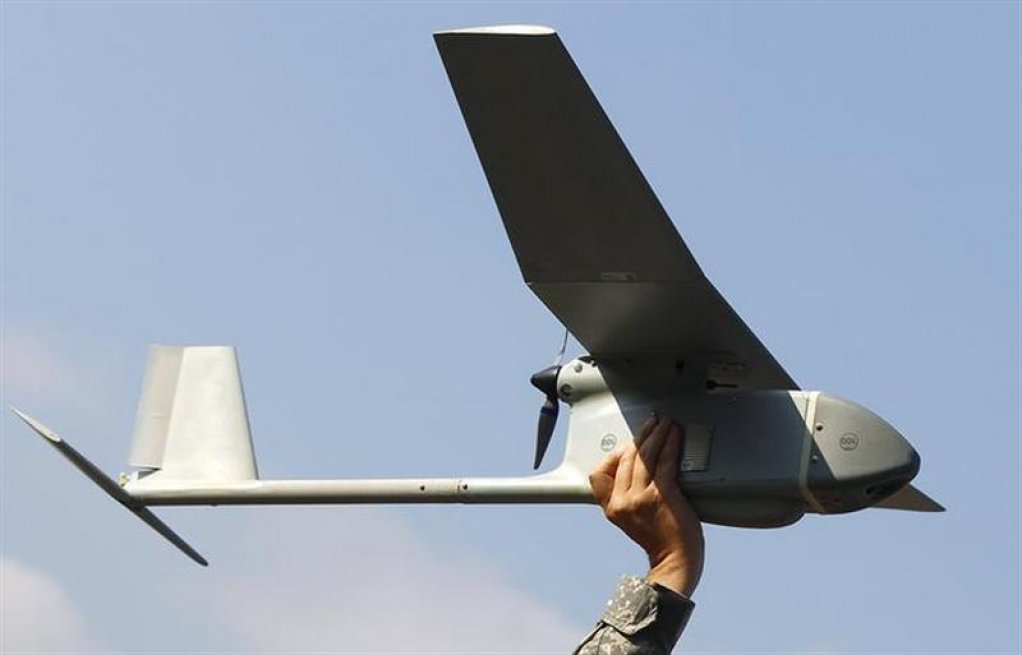United Nations forces in Democratic Republic of Congo (DRC) launched unmanned aircraft on Tuesday to monitor the volatile border with Rwanda and Uganda, the first time UN peacekeepers have deployed surveillance drones.
The aircraft will be used to look out for threats from a host of local and foreign armed groups in the mineral rich east where DRC and UN experts have accused Rwanda and Uganda of sending arms and troops to back the recently-defeated M23 rebels, something both countries deny.
"The drones ... will allow us to have reliable information about the movement of populations in the areas where there are armed groups," UN Under-Secretary-General for Peacekeeping Operations Herve Ladsous said at the launch of the drones in Goma, the largest city in eastern Congo.
"We will survey the areas where there are armed groups, and we can control the frontier," he added.
The UN mission has deployed two Falco drones manufactured by Selex ES, a unit of Italian defence group Finmeccanica.
One of the 5-metre (16-ft) long aircraft - painted white with the letters UN in black on its wings and tail - performed a demonstration flight for the crowd at the launch.
The drones will be flown out of Goma by Selex staff. They can fly for between eight and 14 hours and as far as 200 km (125 miles) from their base, according to the company.
UN peacekeepers have received widespread criticism for doing too little to end fighting in eastern Congo, a hilly and thickly forested region that Kinshasa has struggled to control during two decades of virtually constant conflict.
But the drone deployment comes after the peacekeepers helped defeat M23, the most serious rebellion of President Joseph Kabila's 12-year rule.
General Carlos Alberto dos Santos Cruz, commander of the UN force in Congo, said the drones would only fly over Congolese territory, as UN peacekeepers have no mandate to operate in neighbouring countries.
Victory over M23 was the first time Kinshasa had militarily defeated a major uprising in the east. It was helped by strong UN support, major reforms in Congo's army and intense diplomatic pressure on Congo's neighbours to halt rebel support.
DRC and UN experts say foreign backing for M23 was significant. Following the defeat, experts are examining the origin of a significant stash of weaponry and trucks found at M23's bases in hills along the Rwandan border.
The drones were due to be launched as early as September, in the hope of monitoring the conflict taking place on the border. However delays meant they arrived only after M23 was defeated.
While a final political deal with M23 is still being ironed out, Congolese and UN forces are now expected to turn their attention to the Rwandan Hutu FDLR rebel group and Ugandan ADF-NALU rebels, both of which are based in Congo's east.
EMAIL THIS ARTICLE SAVE THIS ARTICLE
To subscribe email subscriptions@creamermedia.co.za or click here
To advertise email advertising@creamermedia.co.za or click here











